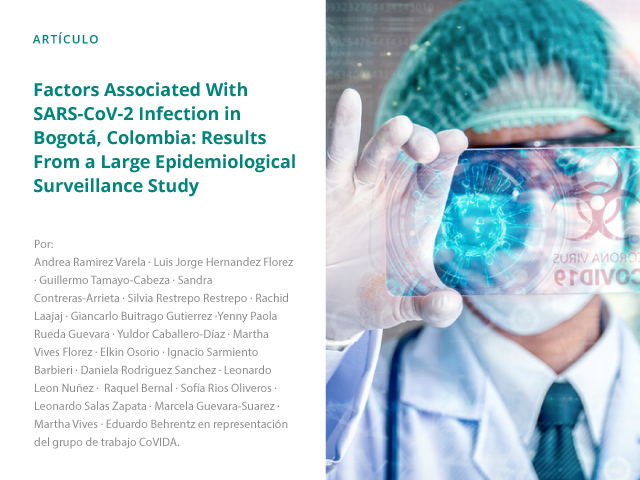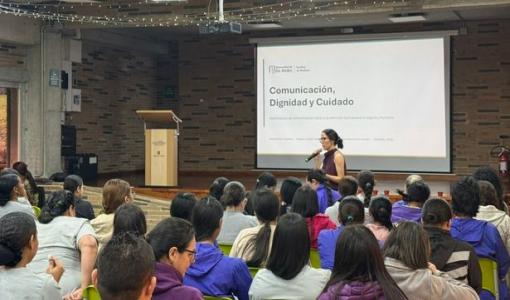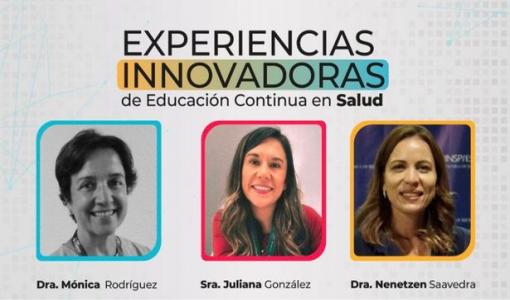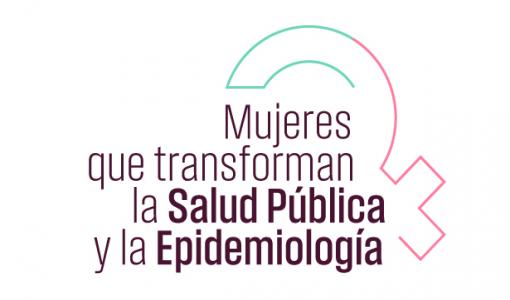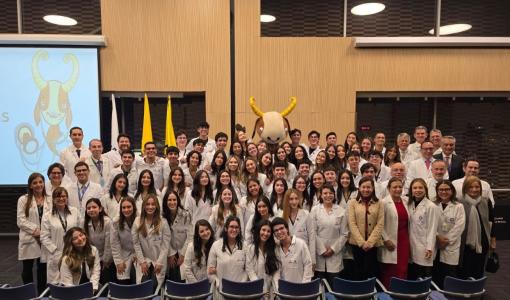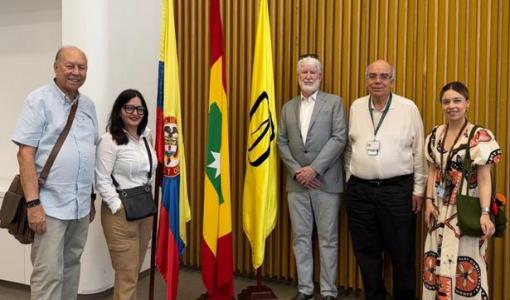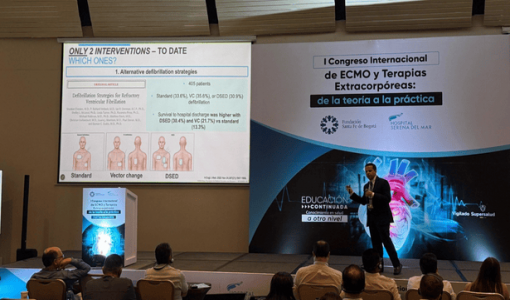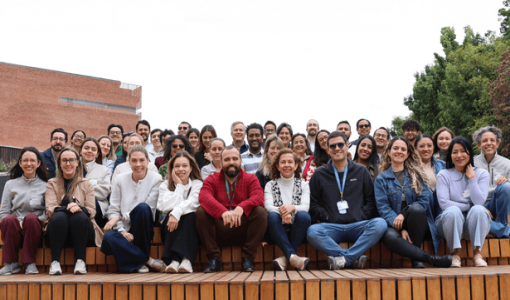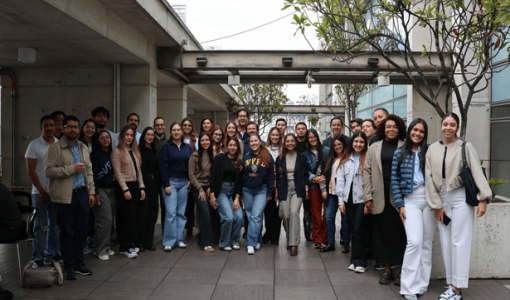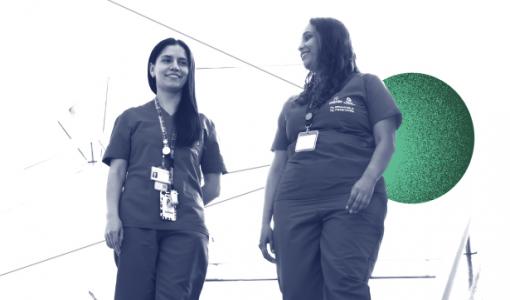[Artículo]
Los invitamos a leer el siguiente artículo que contó con la participación del Dra. Andrea Ramirez-Varela.
Background: Epidemiologic surveillance of COVID-19 is essential to collect and analyse data to improve public health decision making during the pandemic. There are few initiatives led by public-private al- liances in Colombia and Latin America. The CoVIDA project contributed with RT-PCR tests for SARS-CoV-2 in mild or asymptomatic populations in Bogotá. The present study aimed to determine the factors asso- ciated with SARS-CoV-2 infection in working adults. Methods: COVID-19 intensified sentinel epidemiological surveillance study, from April 18, 2020, to March 29, 2021. The study included people aged 18 years or older without a history of COVID-19. Two main oc- cupational groups were included: healthcare and essential services workers with high mobility in the city. Social, demographic, and health-related factors were collected via phone survey. Afterwards, the molecu- lar test was conducted to detect SARS-CoV-2 infection. Findings: From the 58,638 participants included in the study, 3,310 (5 ·6%) had a positive result. A positive result was associated with the age group (18-29 years) compared with participants aged 60 or older, participants living with more than three cohabitants, living with a confirmed case, having no affiliation to the health system compared to those with social health security, reporting a very low socioeconomic status compared to those with higher socioeconomic status, and having essential occupations compared to healthcare workers. Interpretation: The CoVIDA study showed the importance of intensified epidemiological surveillance to identify groups with increased risk of infection. These groups should be prioritised in the screening, con- tact tracing, and vaccination strategies to mitigate the pandemic.

